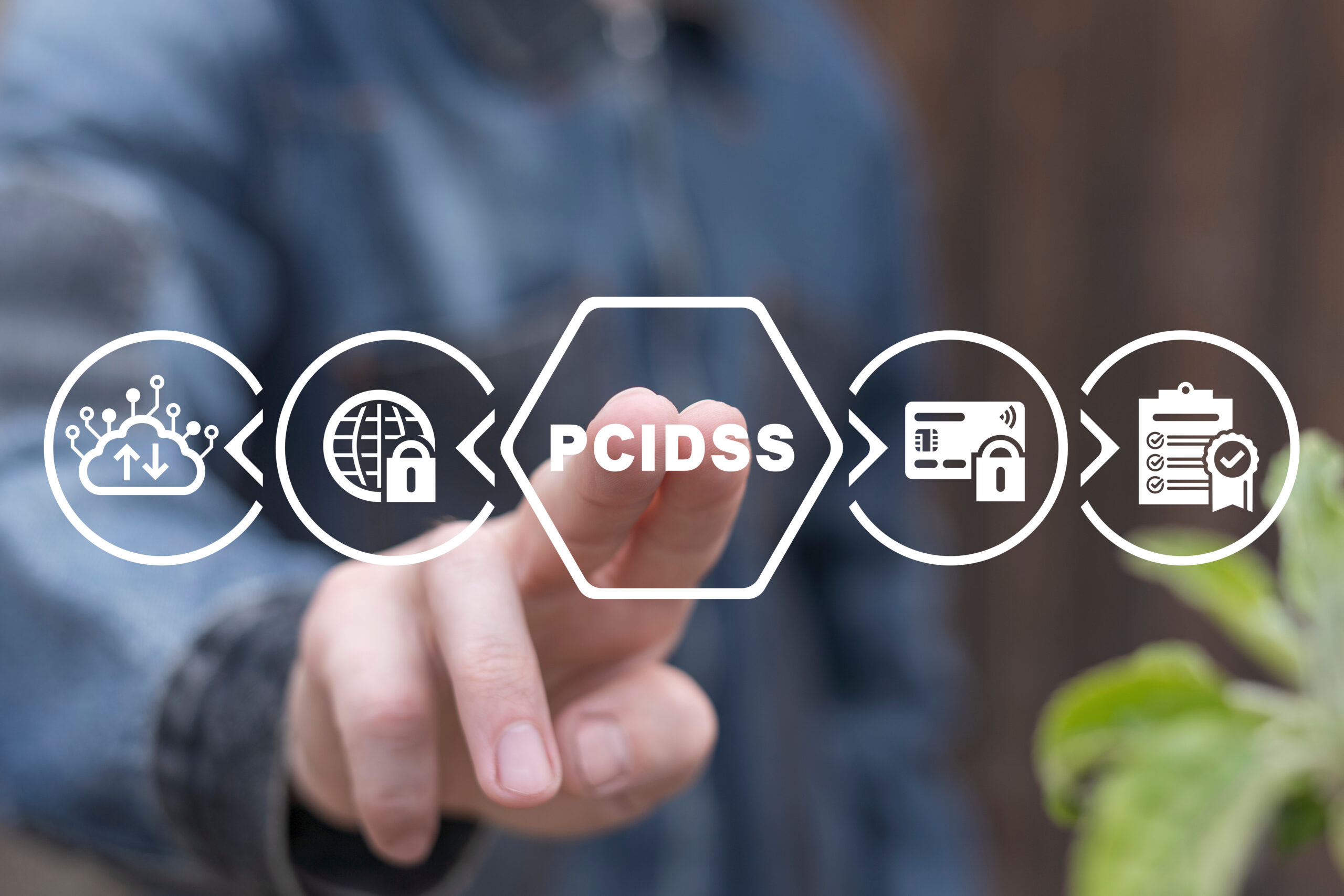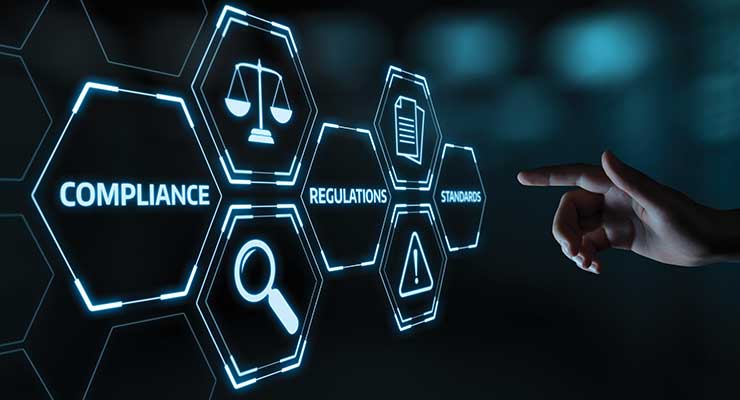Recent Blog
Check on Our Social Media
All Our Blogs
Compliance Standards: GDPR, HIPAA, PCI Simplified
In today’s digital world, protecting sensitive information is more than just a good practice—it’s a legal requirement. Whether you’re shopping online, visiting a doctor, or simply signing up for a newsletter, your data is being collected. But who makes sure this data is safe and handled properly? That’s where compliance standards like GDPR, HIPAA, and PCI-DSS come in.
Let’s break these down in a simple way and understand how they affect businesses and protect people like you and me.
GDPR: Personal Data in the EU
The General Data Protection Regulation (GDPR) is a privacy law developed by the European Union (EU). It came into effect on 25th May 2018 and is considered one of the most powerful privacy regulations in the world. GDPR doesn’t just apply to companies in Europe; it also applies to any business that handles the personal data of EU residents, no matter where the company is based.
Key Principles of GDPR
- Lawfulness, Fairness, and Transparency: Data must be collected and used fairly and legally.
- Data Minimization: Gather only the data you really need.
- Accuracy: Make sure data is correct and kept up to date.
- Accountability: Organizations must show they follow these rules.
- Purpose Limitation: Only gather personal data for well-defined and legitimate reasons.
- Storage Limitation: Keep personal data only for as long as it is truly needed, then delete it.
- Integrity and Confidentiality: Make sure personal data stays safe and protected from unauthorized access or harm.
Why It Matters
Since GDPR came into force, it has influenced global privacy standards. Countries like Brazil, Japan, India, and states like New York in the U.S. have begun forming or updating similar laws. It has raised awareness and responsibility among businesses to treat data with care.
Real-World Example
In 2020, H&M was fined €35.25 million for collecting and storing excessive personal details about employees, proving that GDPR also protects workers’ rights inside organizations.
HIPAA: Safeguarding Health Data in the U.S.

The Health Insurance Portability and Accountability Act (HIPAA) is a U.S. law passed in 1996. It protects personal health information stored or shared by healthcare providers, hospitals, insurance companies, and other health-related services. As health records go digital, HIPAA ensures that patients’ data stays private and secure.
Who Does HIPAA Apply To ?
- Hospitals and Clinics
- Health Insurance Providers
Key Rules of HIPAA
- Privacy Rule: Ensures patient information stays confidential. It can only be shared if the patient agrees or it’s legally required.
- Security Rule: Covers digital information. Hospitals must use safeguards like passwords and encryption.
- Breach Notification Rule: If patient data is leaked, organizations must notify both the patient and the authorities.
Why It Matters
HIPAA builds trust between patients and healthcare providers. It ensures sensitive health issues remain confidential and encourages healthcare systems to invest in digital security.
Real-World Examples
Private Consultation: A nurse speaks to a patient in a closed room, not in public, to maintain privacy.
Secure Storage: A doctor keeps patient files on a password-protected computer, following the Security Rule.
PCI DSS: Securing Cardholder Transactions

Payment Card Industry Data Security Standard (PCI DSS) is a global standard that protects cardholder data during credit/debit card transactions. Introduced in 2004 by major card brands like Visa, Mastercard, and American Express, it applies to any business that stores, processes, or transmits card data.
Key Requirements of PCI DSS
1.Establish a Secure Network: Implement strong firewalls and avoid using factory-set system passwords.
- Protect Cardholder Data: Encrypt stored card data and secure it during transmission.
- Manage System Vulnerabilities: Install antivirus software and keep all security systems and applications up to date.
- Restrict Data Access: Grant access to cardholder details only to employees who need it for their work.
- Monitor and Test Networks: Track access logs and test for weaknesses regularly.
- Develop an Information Security Policy: Have a written policy that all staff follow.
Why It Matters
PCI DSS helps prevent fraud and identity theft. For businesses, following it avoids legal trouble and builds customer trust. Failure to follow these standards can result in legal issues and being barred from processing card payments.
Real-World Relevance
If a business stores cardholder information without proper encryption and is hacked, both the company and the customer suffer. PCI DSS ensures such mistakes don’t happen by setting minimum protection standards.
Conclusion
Compliance standards may sound complicated, but they all serve a simple goal: to protect personal data. Whether it’s your health records, your email address, or your card number, these rules make sure companies handle your information responsibly. By understanding and respecting these regulations, we can help create a safer and more trustworthy digital world for everyone.
So, is your organization taking the right steps to stay compliant — or is it time to reassess your data protection strategy?
References:
https://www.techtarget.com/whatis/definition/General-Data-Protection-Regulation-GDPR
https://www.dataprotection.ie/sites/default/files/uploads/2019-11/Guidance%20on%20the%20Principles%20of%20Data%20Protection_Oct19.pdf
https://dataprivacymanager.net/5-biggest-gdpr-fines-so-far-2020/
https://www.isaca.org/resources/isaca-journal/issues/2020/volume-3/practical-data-security-and-privacy-for-gdpr-and-ccpa
Need help developing cybersecurity policies for your organization? Contact us, we can guide you through the assessment, development, and implementation process tailored to your specific needs and industry requirements.
Location
Nashik | Mumbai | Bengaluru | Dallas
contactus@quasarcybertech.com
Call Now
+91 97306 91190
Quick Links
Our Offerings
Copyright 2025 © All Right Reserved | QLeap Education & Trainings




